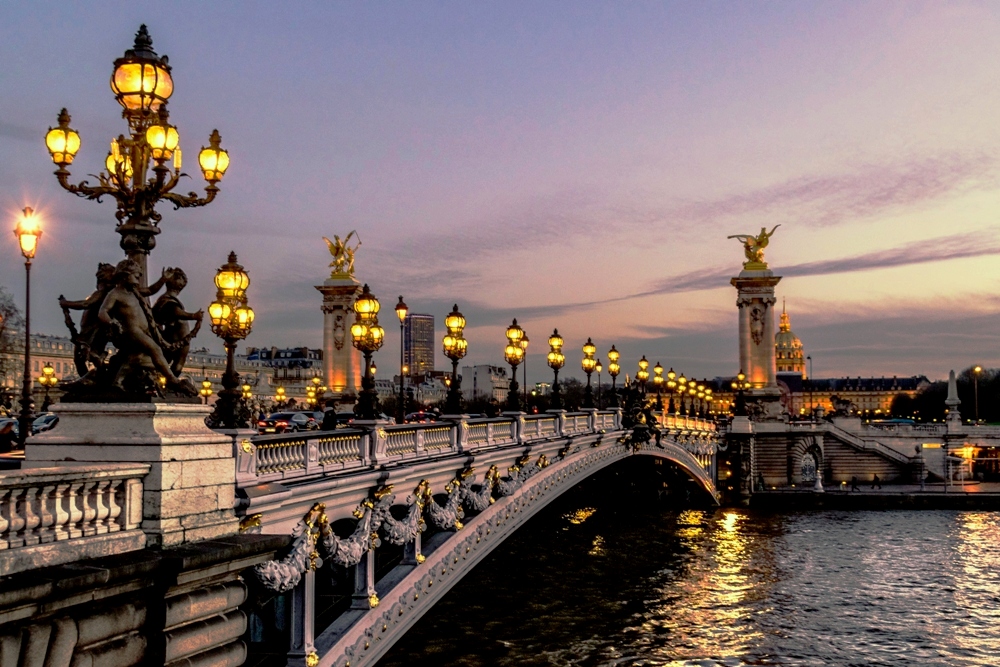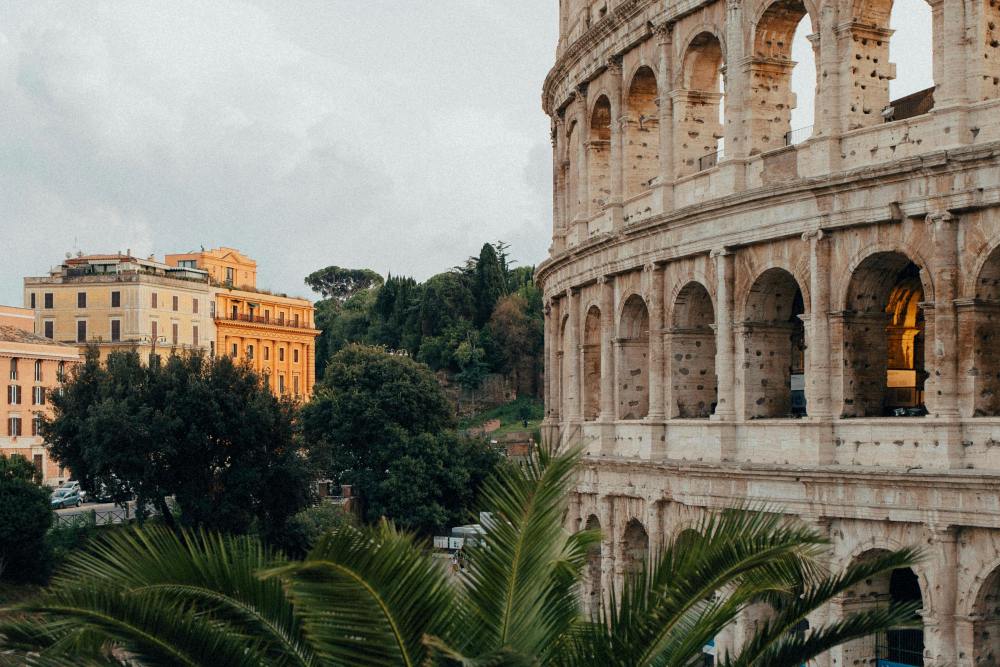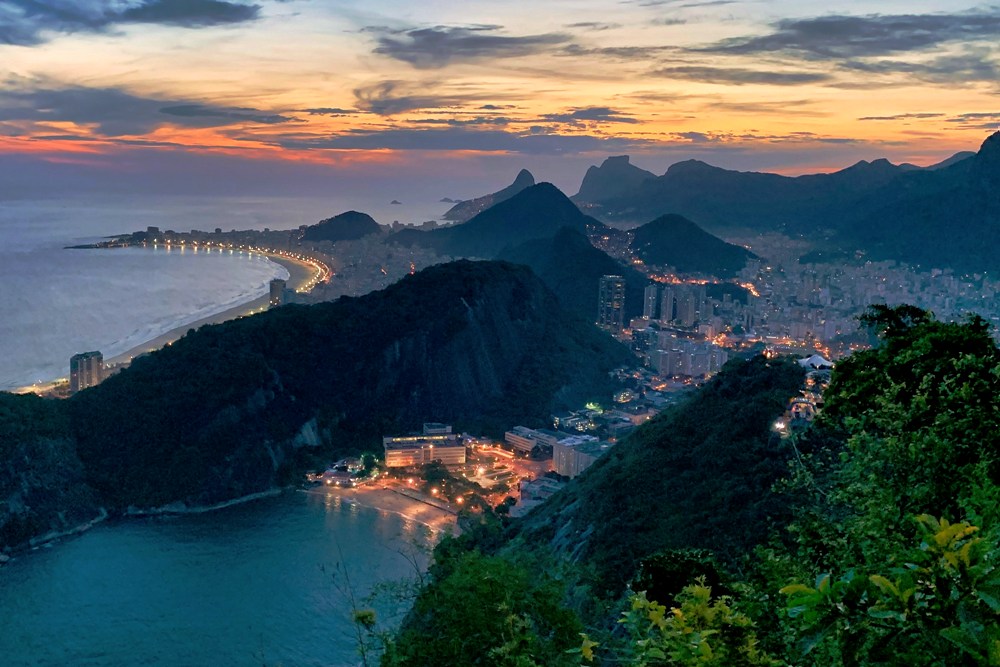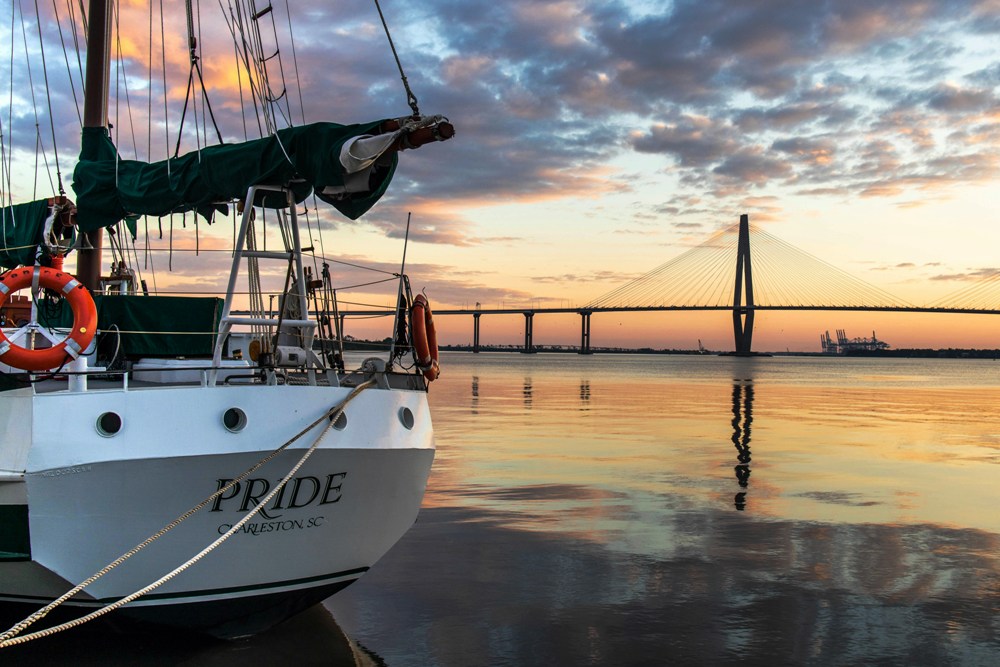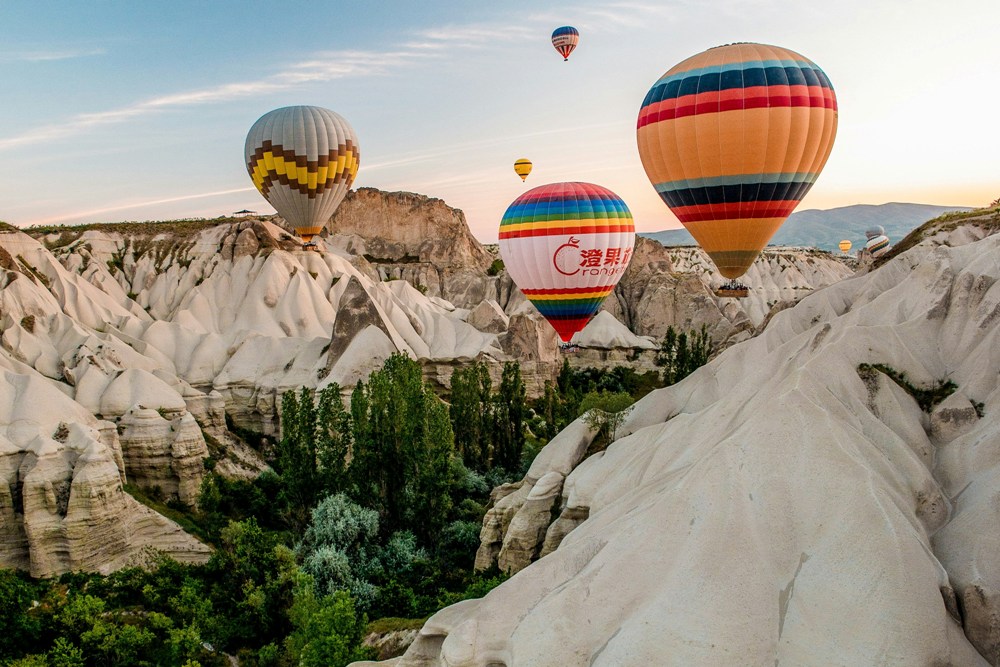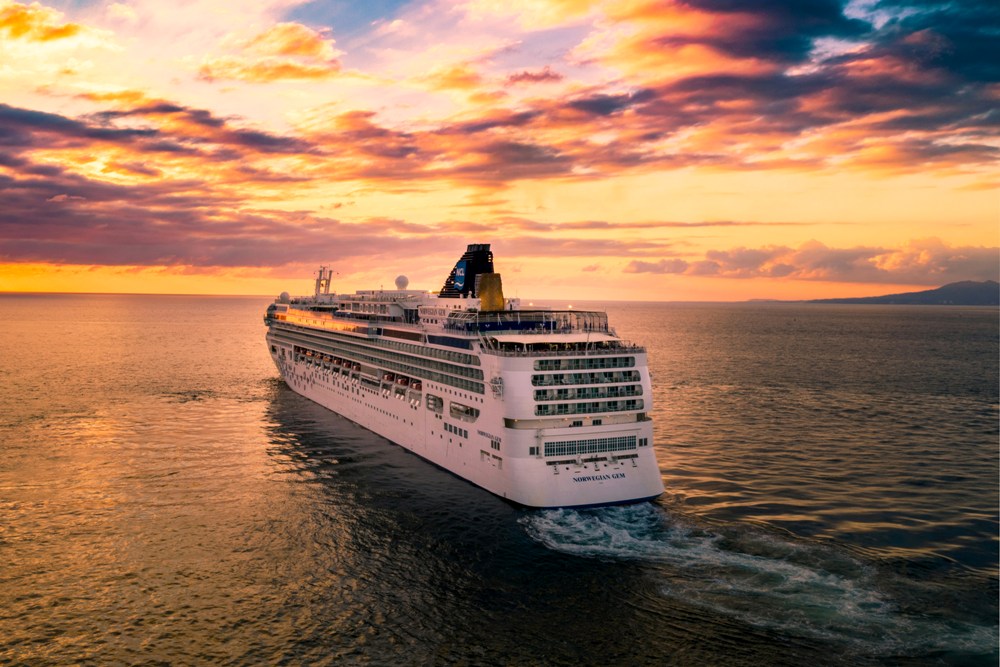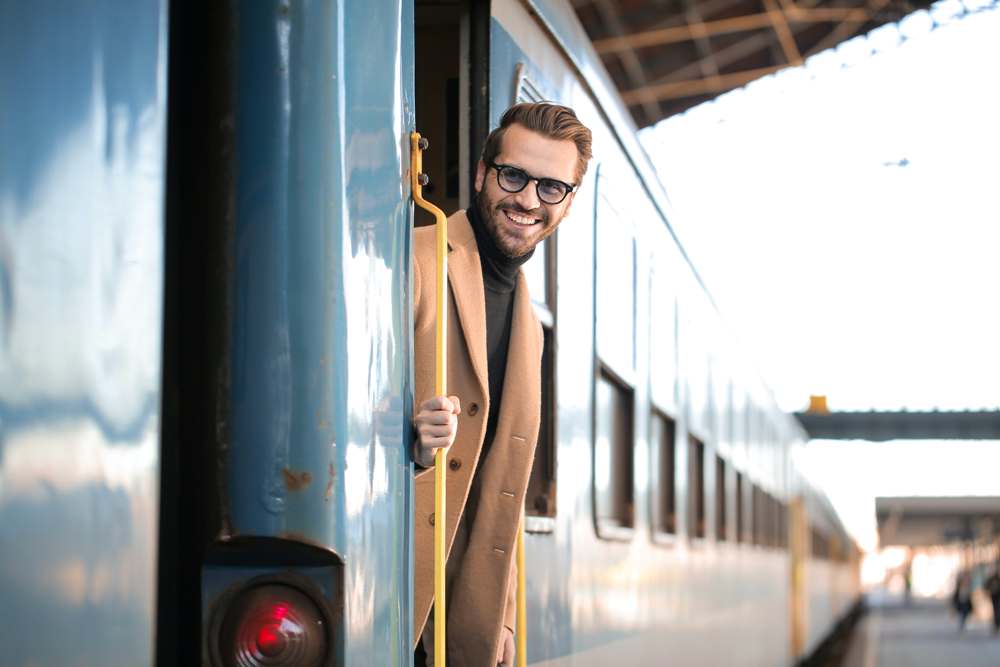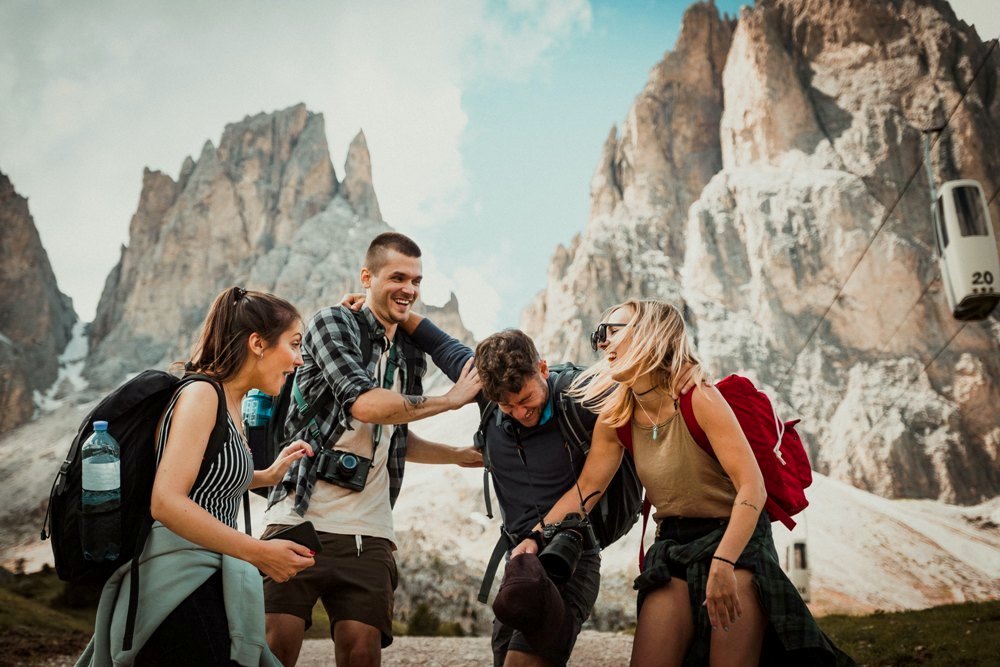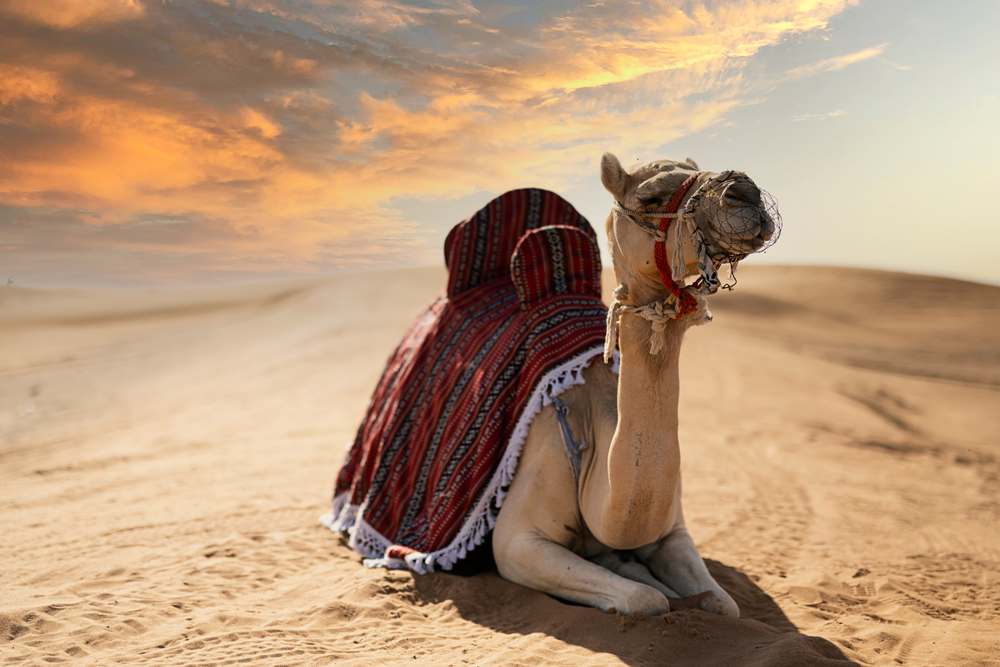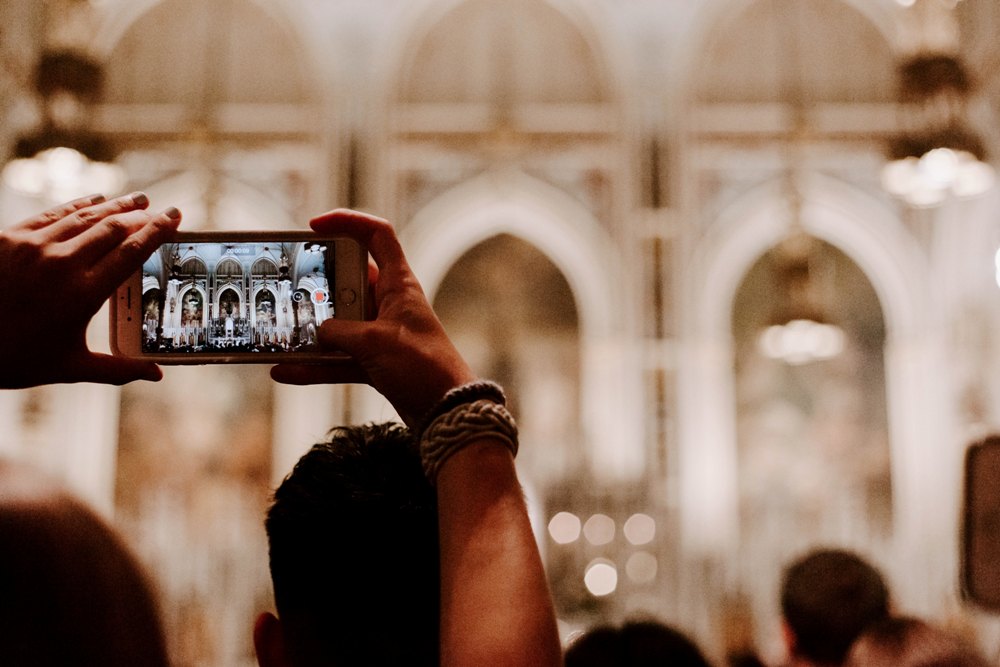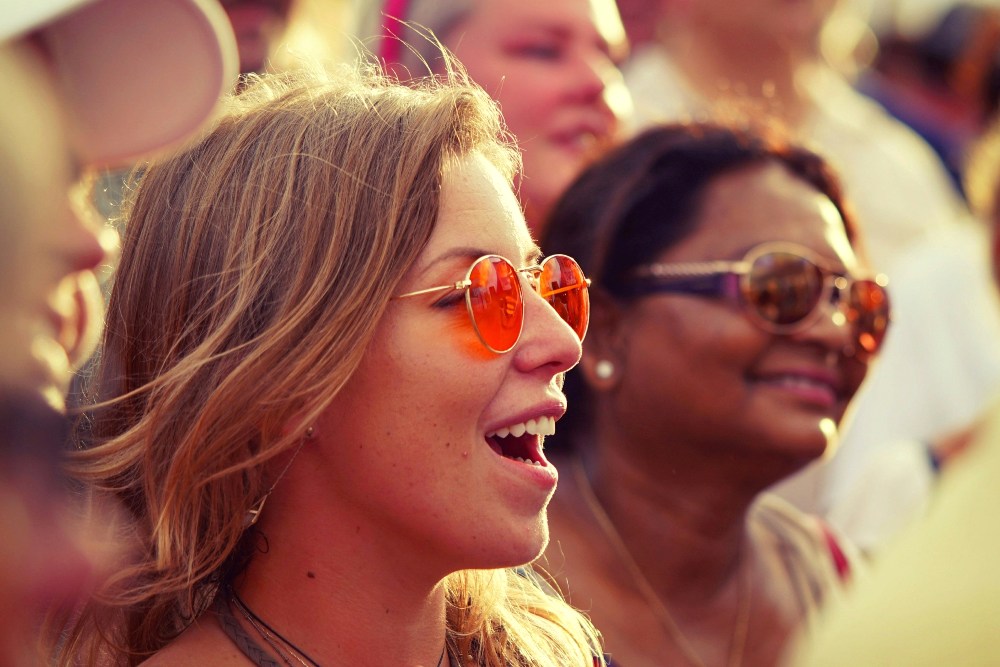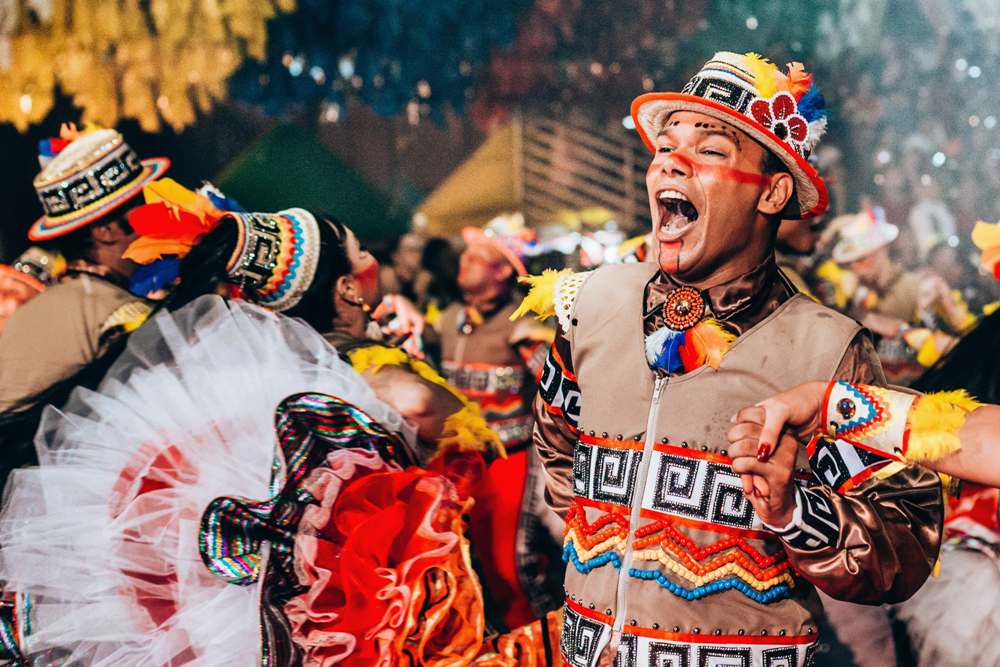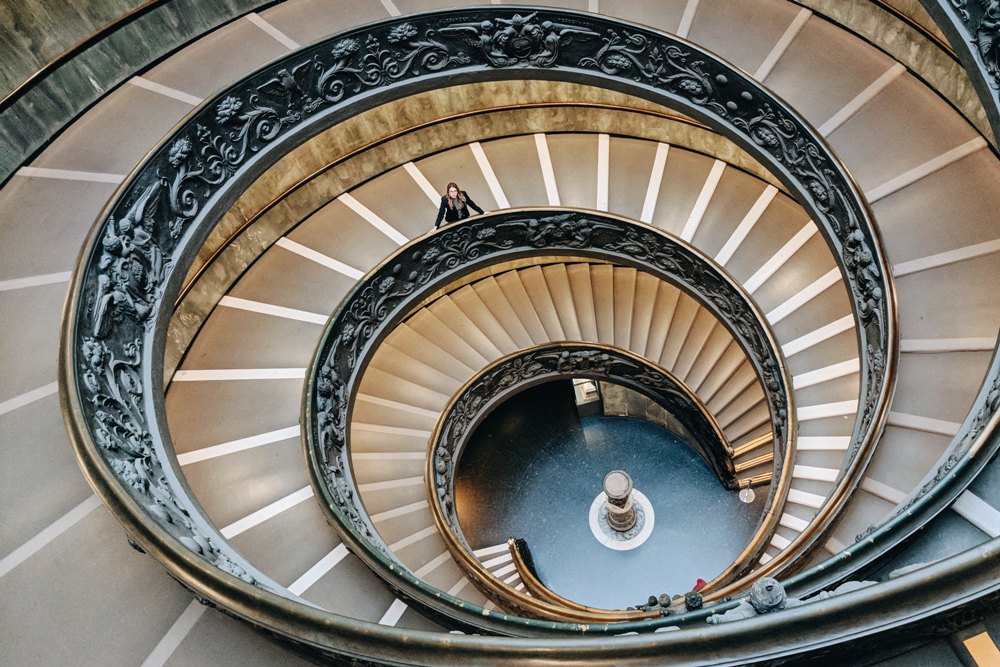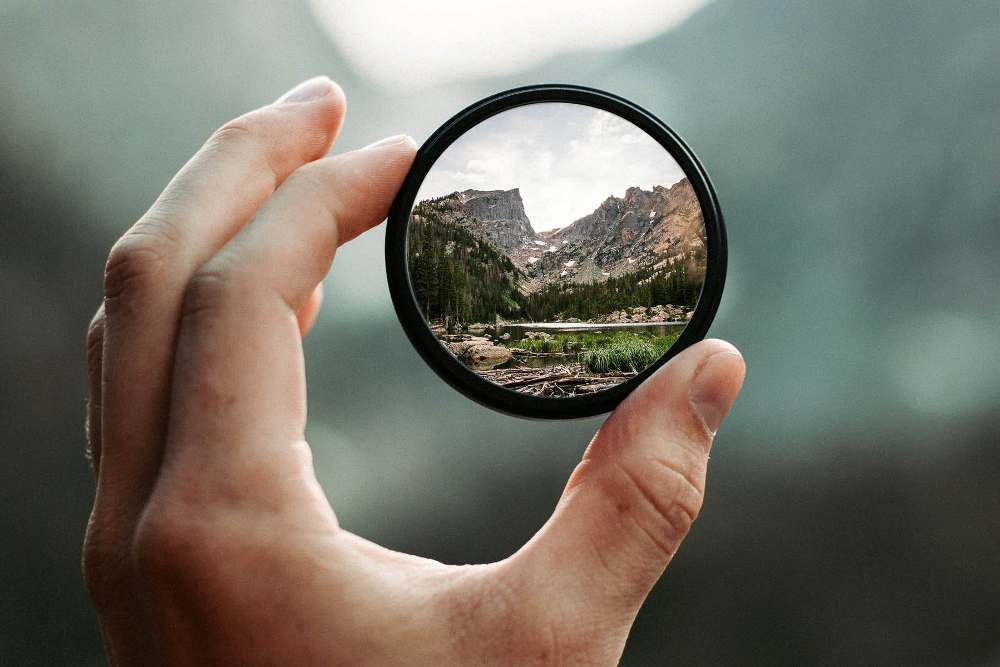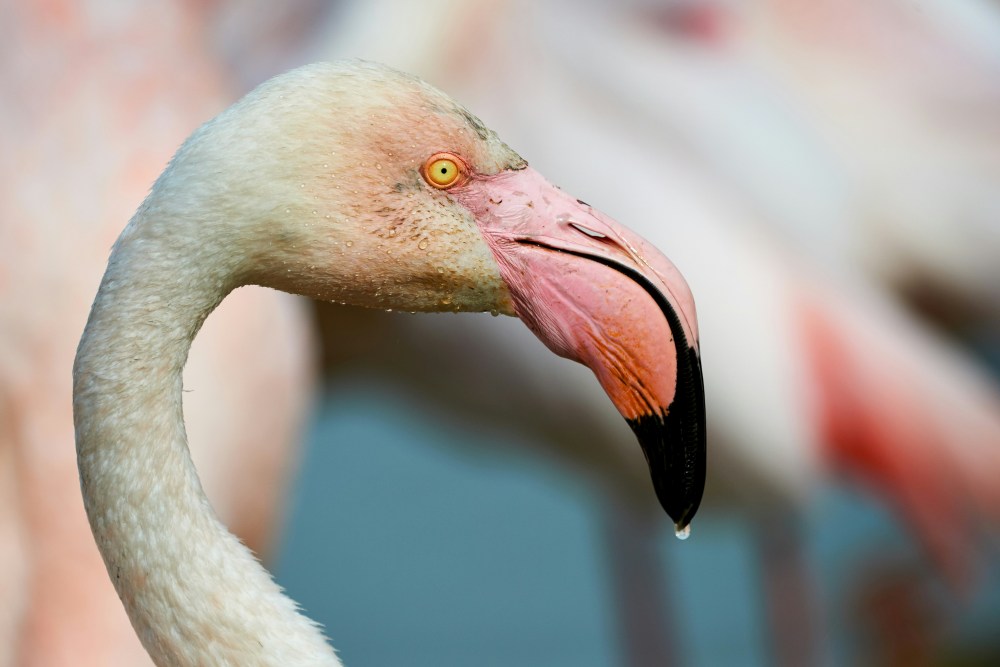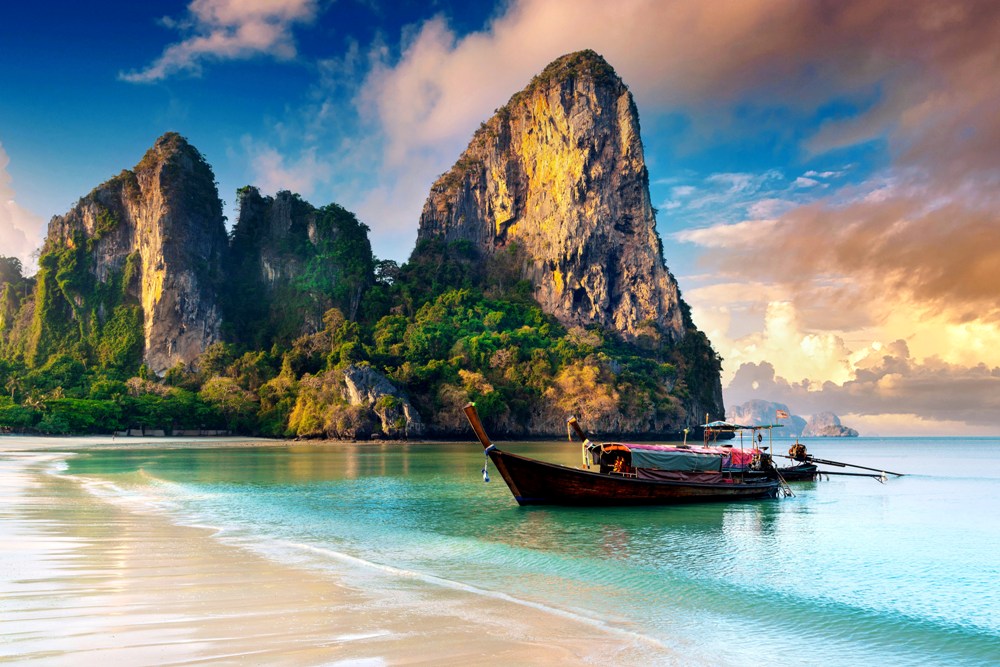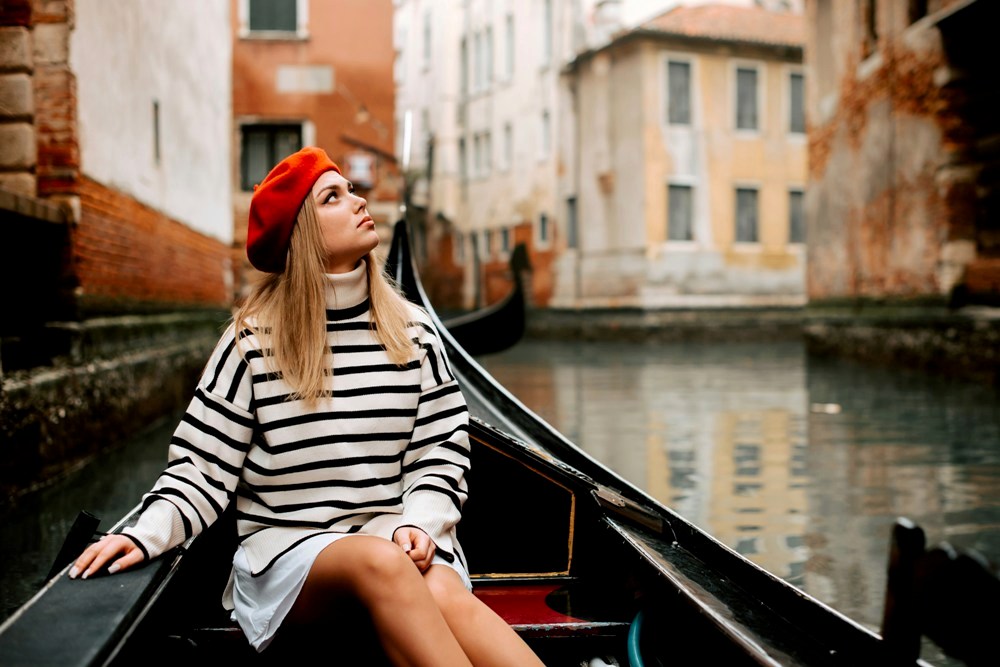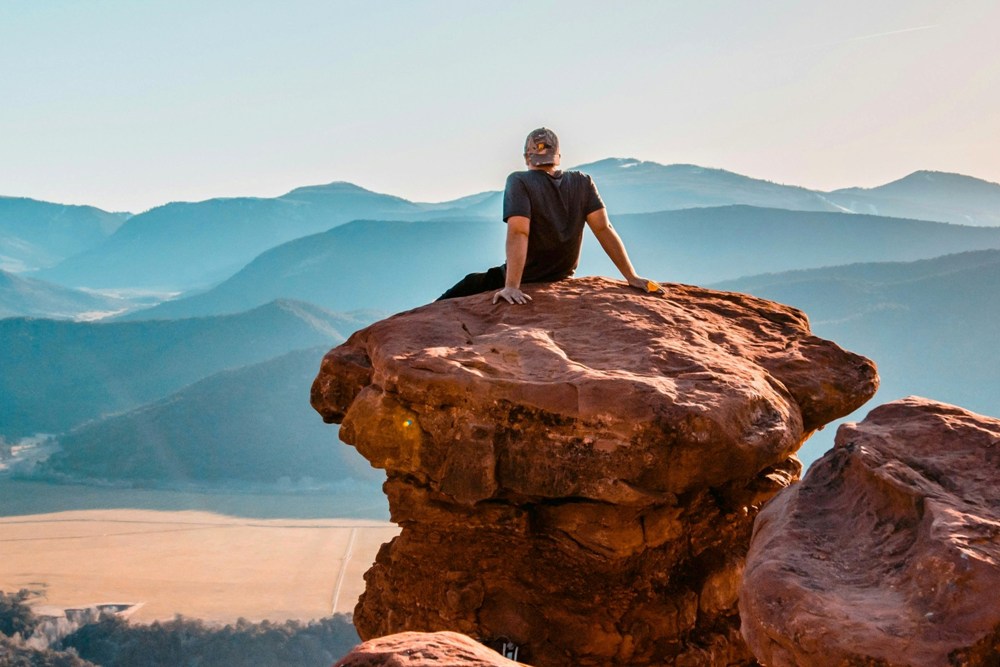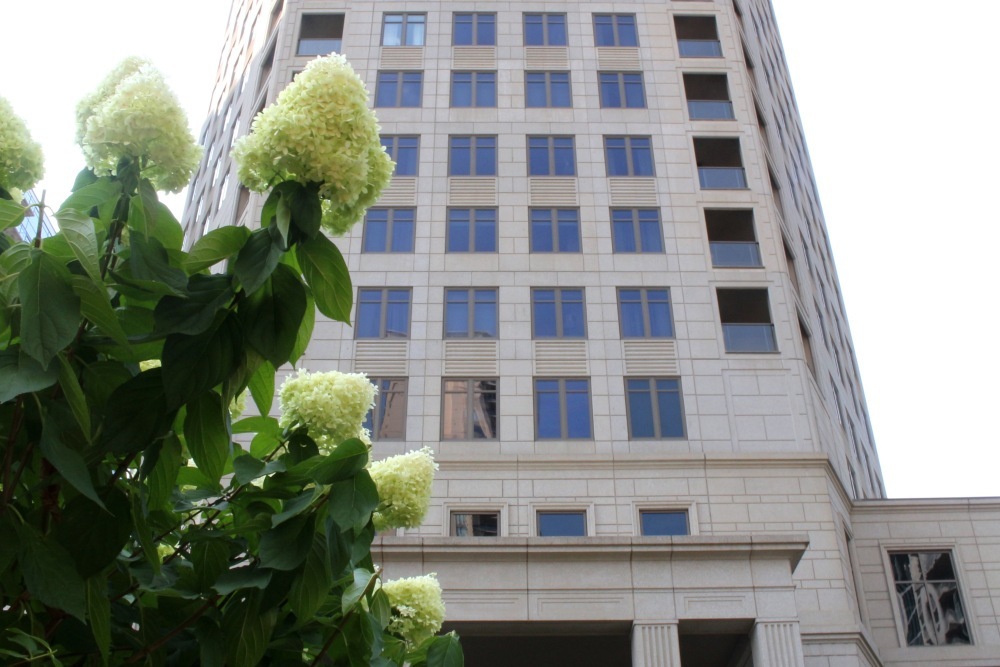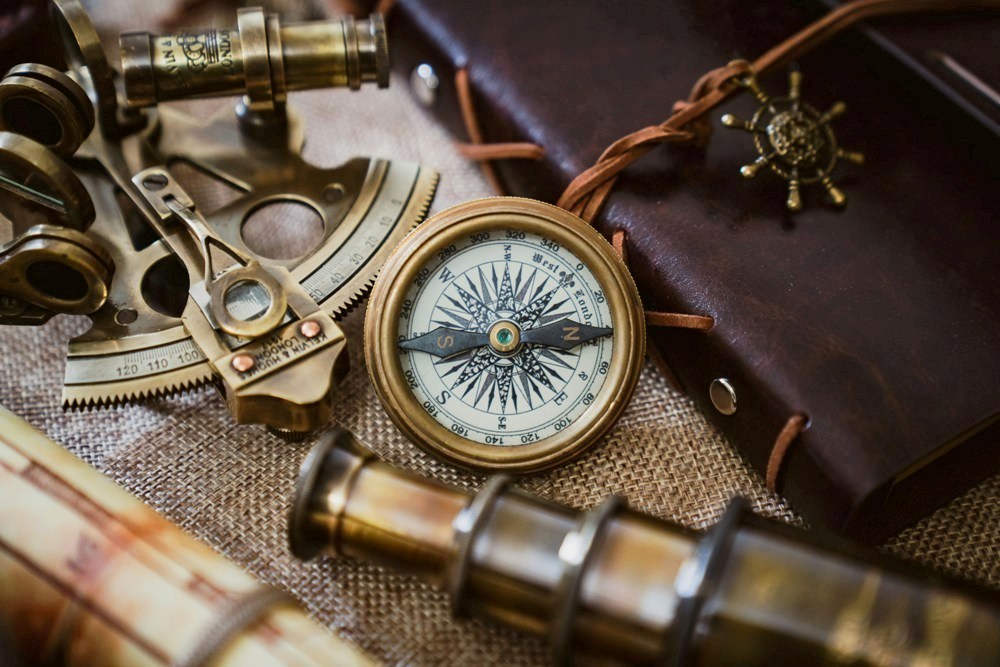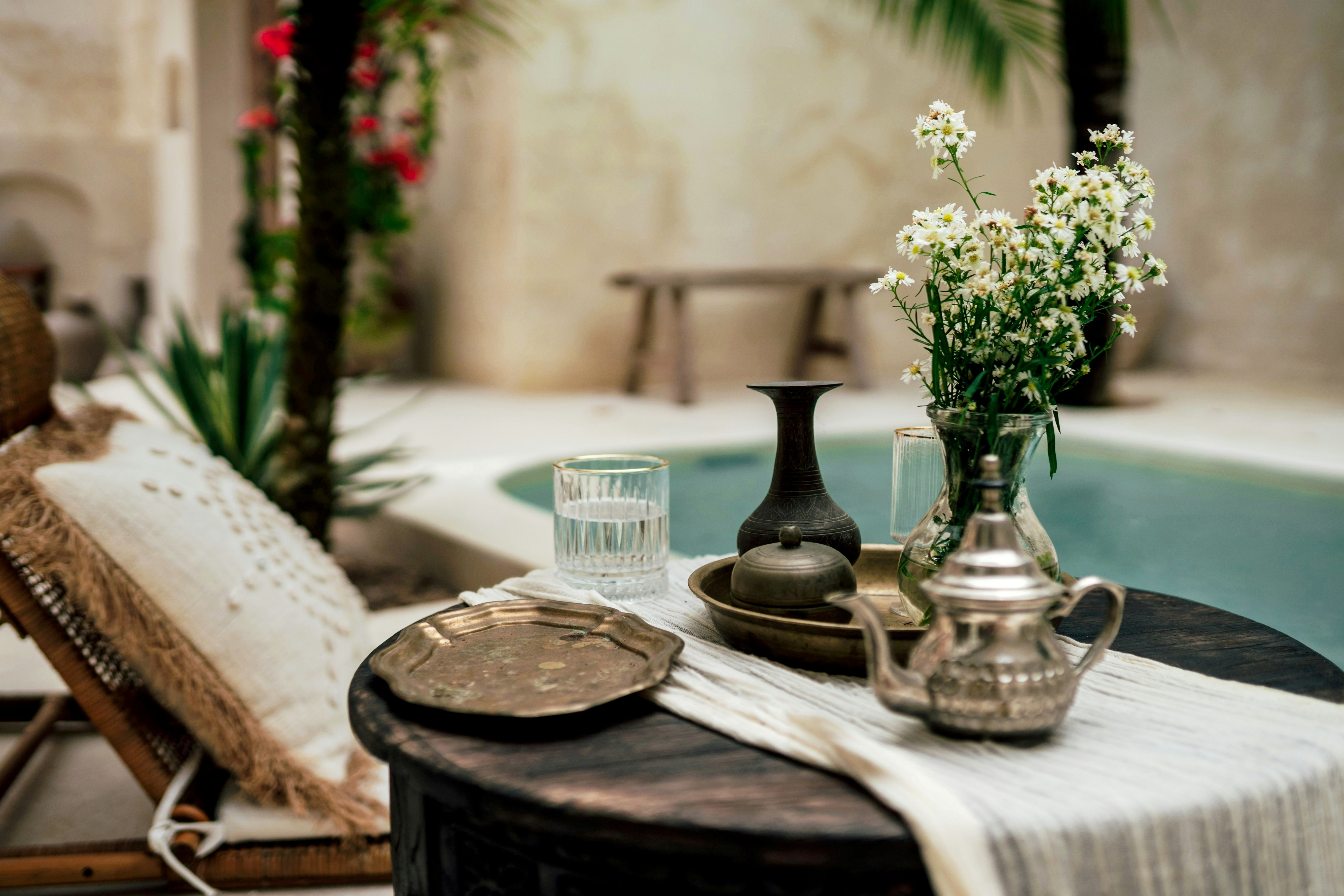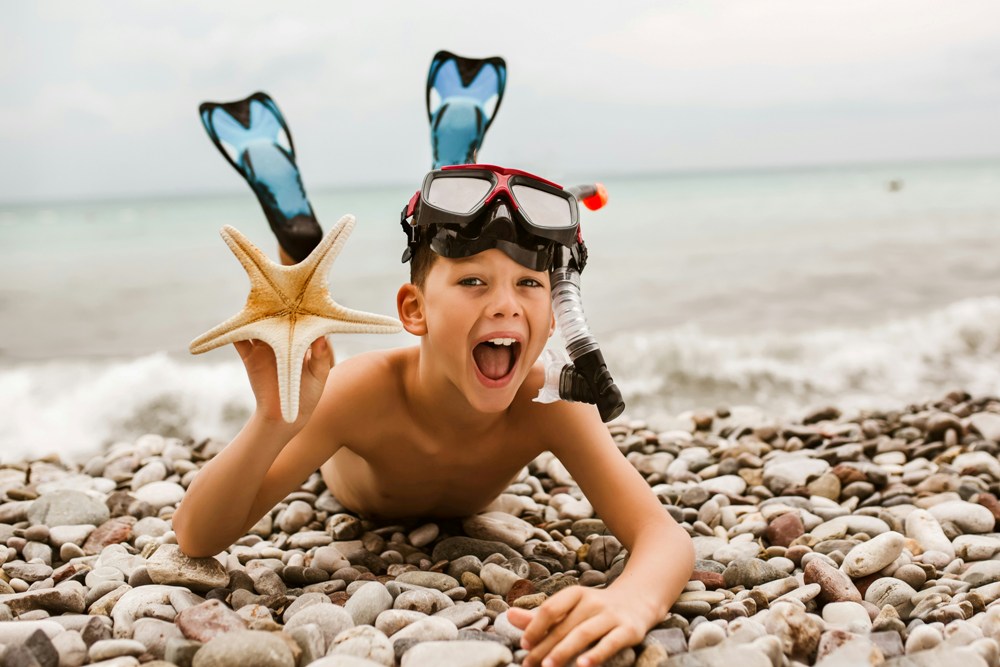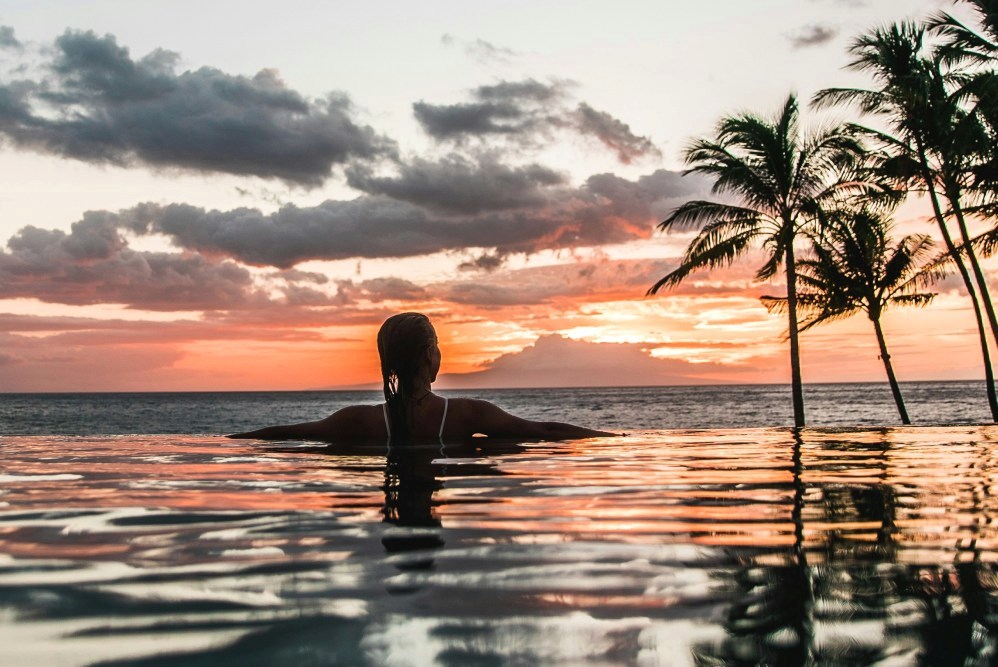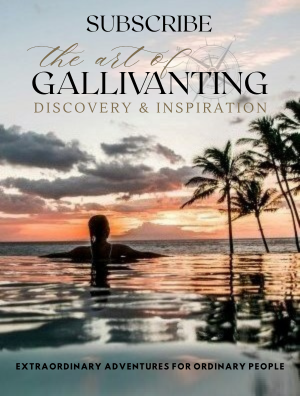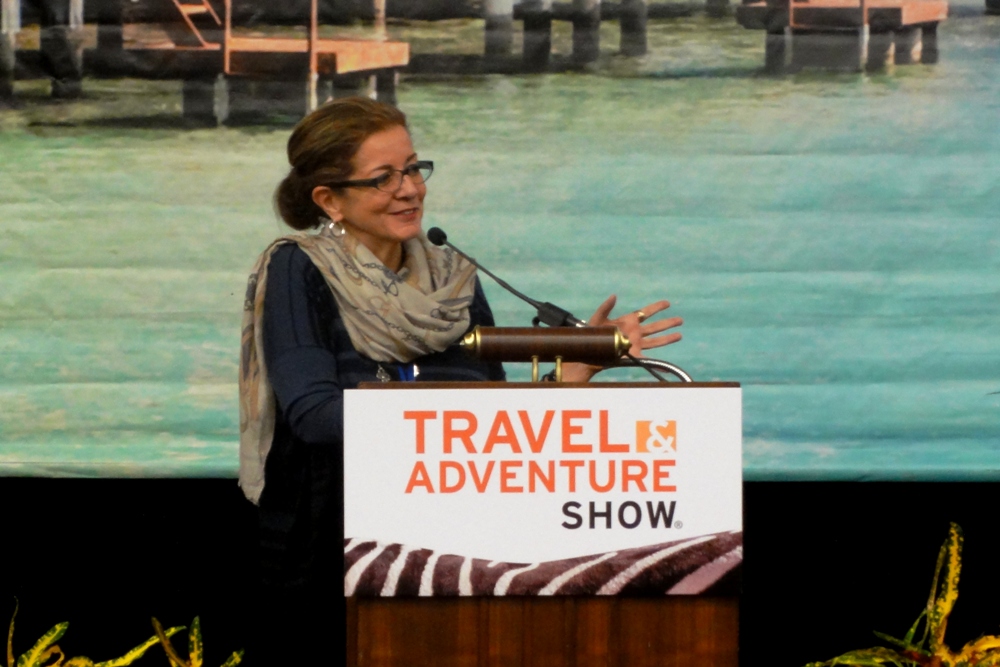
Patricia Schultz, veteran travel journalist and author of the #1 New York Times bestseller 1,000 Places to See Before You Die and its sequel 1,000 Places to See in the USA and Canada Before You Die, has written for guides such as Frommer's and Berlitz as well as The Wall Street Journal and Everyday With Rachael Ray. In this interview, Patricia speaks about her passion for travel, her understanding parents, remarkable festivals she's attended, and the similarities of cultures around the world.
TAG: How did you develop love for travel?
PS: I was writing for magazines and newspapers before I started writing for Arthur Frommer which I did for ten years, and that was very interesting because that was kind of like my university. That was my education in terms of professional travel writing because I'd never studied writing, but I just had this passion for travel. I traveled right out of university and pretty much consistently forevermore, but I just thought it would be recreation or vacation or what I would do in my off time or outside of whatever would ultimately be my career. So, lo and behold, I was given an assignment, and then five, and then ten, and it kind of parlayed into what would become a profession as a travel writer. ... I just followed whatever thrilled me, and that was travel. My parents were so understanding, so understanding, because it was a very alternative lifestyle. Every time I got enough money together, I was off to some crazy place; and they had no idea where it was on the map or how to pronounce it. But they were just very trusting, and they saw that it was what made me happy. So I've been traveling pretty much always and writing.
TAG: Your entire face became flushed when you described your parents.
PS: [Laughs.] There's this wonderful expression that says, Choose your parents well
; and I just thank my stars that I fell into a household where they had never traveled, it was very modest. If we went away once a year in the family station wagon to the coast, that was a big pilgrimage. And it was very important to me because as a kid you get up and out and you hit the road, and it's the family and the suitcases and the excitement and the change. Even as a kid, I understood the importance of leaving behind your little bubble. But this whole international thing, they just didn't get. ... They were just very trusting and very supportive, never whining or complaining or making demands.
TAG: How has travel changed you as an individual?
PS: Oh, I can't even begin to say. I am who I am as a result of life experience as everyone is. In my particular case, the biggest most impactful experiences have to do with travel. If you look at the amount of time in my past years that I've spent somewhere else, it's the majority of my time; and it's when I feel most exhilarated, when I'm happiest, when I feel most challenged, when I feel most inspired. So I think I'm a better person; I know I'm a better person. I'm less prejudiced, I'm more accepting, I'm more tolerant, I'm humbled, I'm less arrogant. I see other ways, peoples, traditions, customs, and other people's histories. If you stay at home and merely study it from a book or a flat screen (most people don't even do that), that's a start and it's a very admirable start; but I think when you get up and out there and see it in the three dimensional and in the here and now versus just a more static way, it affects you only then in a ways huge and subtle. It's very profound and very insignificant. But it does change you, as life does. ... I think if your head is open and your curiosity is prominent in the way you see things, you can learn from anywhere or anyplace or anything. But for me, it was about experiencing today somewhere else.
TAG: What advice then would you give to inexperienced travelers who are interested in seeing the world?
PS: Sitting down and having a conversation with yourself or your other half. What interests you? What has always piqued your interest? What are those places in the world that make you sit up and listen? What strikes you on a personal level for reasons you don't know? For instance, why have you always dreamed of going to say Fiji? Why has Italy always had you salivate? (That's a good word for Italy!) Why has the culture of England, with which America shares so much, always fascinated you? And also, what is it generally that interests you? Food, natural beauty, design, culture, music? Would you get on a plane and go to Austin for the music or to Vienna for the music? And if so, does that interest your other half? With a couple, it's realistically always some degree of compromise. If not for the destination, then how you experience the destination or what kind of budget you're going to blow. The more you know about your other half, the less there's conflict and the less there's disagreement because you know what makes the other one happy and you know what makes you happy. Mark Twain had this wonderful quote about how you never really know someone until you travel with them. So the first trip can be a real eye-opener. But ideally, you'd take from that and then you plan the next trip accordingly so that you don't go to some place where you kind of know that it's not going to be met with a lot of enthusiasm. How often do we travel? Do you want strife or do you want to spend all of that money and effort and energy and go someplace when you can't overlook the fact that the other fifty percent of the team is just not into it?
TAG: What do you think makes a destination 'romantic' and what are some of your favorite romantic getaways within the United States?
PS: Travel is very personal because we each have our own character and personality and each couple has its own character and personality; so if you ask ten couples what they consider romantic, you might get ten very, very surprisingly different reactions. I'm going to Antarctica next November, it's been on my bucket list, and I was interested to see that there was a couple taking their honeymoon on this expedition; and that just really resonated in me because that is the idea of romance to this particular couple because honeymoon equates to romance. You want that special first time experience as a couple to be the quintessential romantic lifetime experience that when you're ninety years old on the front porch in the rocking chair you want to recall that vacation. And so I think whatever floats your boat. For some people, it's an African safari; but for most people it's just to relax and recharge after that wedding that's crazy. But let's say you're further along in your career. Do you still want the palm trees and the impeccably groomed beach and the beautiful five-star resort? Maybe, and that's wonderful because it's very special alone time for a couple. But for me with my other half, romance has always been to do something that thrills both of us and that is just travel across the board. We're easy; we can go anywhere and find romance in a big city like Paris (what's not romantic about Paris?) or at Gettysburg, Pennsylvania where we went and had the most beautiful dinner in an eighteenth century tavern that is now a very wonderful restaurant with locavore farm-to-table fare. So I think it depends very much on the couple and what they enjoy together. Is it the symphony, or hiking the national parks, or road trips and being enveloped in the scenery, or stopping at incredible inns along the way? Really anything from Antarctica to Aruba.
TAG: What great festivals have you attended worldwide?
PS: I've been to a lot of the big ones with all the hoopla, and they're everything that they're stoked up to be; but there's also big crowds and they require planning because the hotels sell out. But that's fine with me because they were important enough for me to plan six months in advance and book a hotel and make sure that I had tickets. So I've been to the Salzburg Festival in Austria, the Montreux Jazz Festival in Switzerland, and Carnival in Rio which is pretty remarkable. If you don't like crowds, you just don't go to some of these festivals. I've been to some of the lesser festivals too which can be just as enthusiastically celebrated such as a big Carnival in Barranquilla, Colombia, and the biggest in the Caribbean which is in Trinidad and Tobago. The Carnival before Mardi Gras in New Orleans I thought was just hysterical because those people are serious. It's always remarkable when you see that it's the local people as well as the travelers and tourists; that's always fun. All throughout Europe in the summertime there are music festivals; and there's a big Inca Festival in Cusco which is the jumping-off point for Machu Picchu in Peru. My book is filled with these kinds of quirky, lesser-known festivals. ... Argentina has a really interesting Gaucho Festival right outside of Buenos Aires, and in Buenos Aires they have this huge international Tango Festival where some of the best talent is not from Argentina but from Russia and China and from all over. You need a lifetime and to win the lottery. Some of the lesser ones that you stumble upon by mere chance are the most interesting because they're small-town grass-roots kinds of things that are from the heart. It puts a spotlight on the culture, and you see this integral part of their culture that you may not have been familiar with and that is an eye-opener. One of the wonders of travel I think is to understand something about other peoples and other cultures.
TAG: What is the most important lesson you've learned in life so far?
PS: I posted a photo on Facebook that I found so charming. You know how photos will sometimes just speak to you? It was about a mother and her child in the Himalayas or someplace. And my friend who's very well-traveled wrote back to me and said, This is what I have always believed, that everywhere in the world, mothers just want the best for their children.
So when you travel, I think you just reduce it to the simple things and you understand that ultimately at the end of the day you see the differences and you embrace the differences but you're also fascinated by the similarities which is that family is paramount and there's always love exchanged between parents and children. And to see it reenacted anywhere in the world always touches my heart because you see that everyone just wants to put food on the table and just wants the best for their child. People speak different languages and they do crazy weird things different from us; but at the end of the day, how very similar we are. Travel opens your head to all of these things then reduces it to the very simple and very fundamental, and that is that we are all related in a certain way and this love of family is kind of the fundamental point that we all share. I came from a very, very loving family; but even if you haven't, I think you appreciate that and see it in other people and want it for yourself. Travel, and the experience it brings, is priceless.
See additional information below or visit:
1,000 Places to See Before You Die

